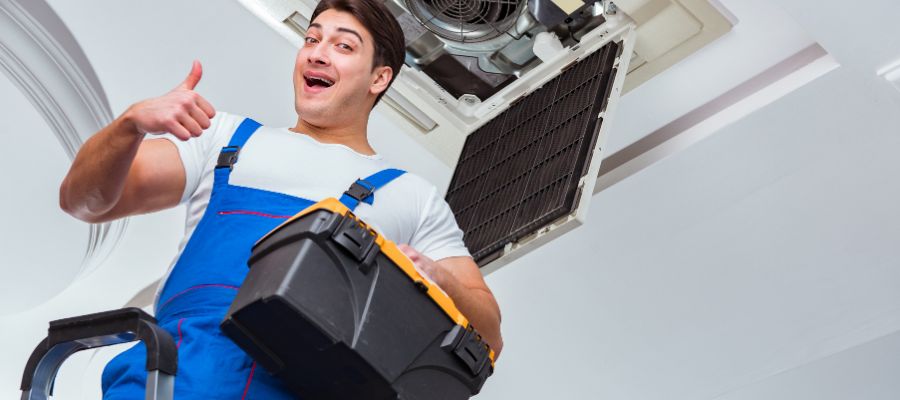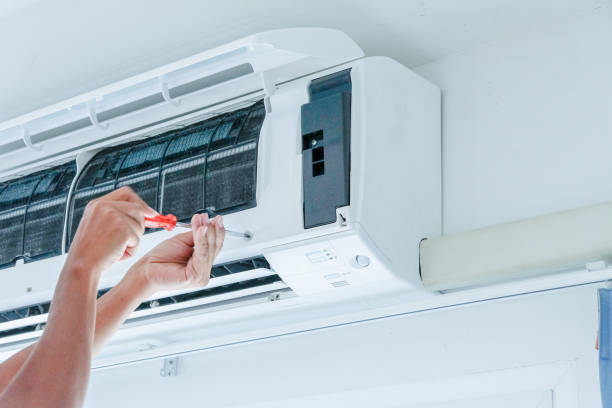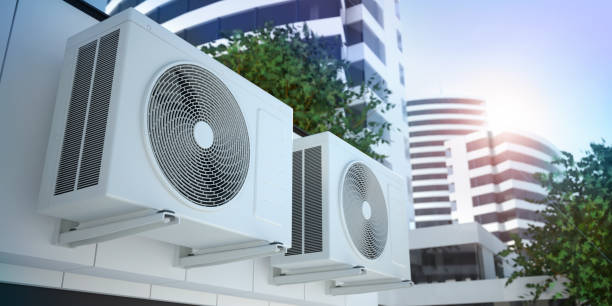

HVAC Services
Get Professional Repairs From The Area's Trusted HVAC Technicians. Ask About Our Services! We Offer Professional Heating & Cooling System Repairs And Guarantee Long-Lasting Results.
Got Question? Call us: (850) 678-2665Financing
Comprehensive Guide to Air Conditioning Repair and Maintenance

Air conditioning systems are essential for maintaining comfort in homes and offices, especially during the sweltering heat of summer. Like any other mechanical system, air conditioners are susceptible to a range of issues that may cause them to underperform or break down completely. This article delves into the intricate world of air conditioning repair, offering insights into common problems, their solutions, and preventive measures that ensure optimal performance.
Understanding the Different Types of Air Conditioners
There are several types of air conditioning systems, each with its own unique features and repair needs. These include:
Central Air Conditioners
These are the most common types found in homes and commercial buildings. They function by circulating cooled air through a system of supply and return ducts.
Ductless, Mini-Split Air Conditioners
Ideal for cooling individual rooms. Each unit operates independently, providing flexibility in temperature control.
Window Units
Compact and ideal for cooling single rooms.
Portable Units
These are freestanding units ideal for areas where traditional ACs might not reach.
Hybrid Air Conditioners
These innovative systems switch between fossil fuels and electric power depending on temperature fluctuations, offering energy efficiency. Understanding the type of AC you have is the first step to effective troubleshooting and repair.
Identifying Common Air Conditioner Problems and Solutions
No matter the type of air conditioner, certain problems are common across the board. These include:
- Refrigerant Leaks: If your AC is low on refrigerant, either it was undercharged during installation, or it leaks. A professional technician should fix any leak, test the repair, and then charge the system with the correct amount of refrigerant.
- Frozen Evaporator Coils: Your AC’s evaporator coil is filled with refrigerant and is responsible for absorbing heat from the air. Issues with airflow can lead to the coil getting too cold and freezing up.
- Faulty Fans: Fans that don’t work properly due to a faulty motor, lack of lubrication, worn belts, or too much dirt and debris can result in poor airflow and AC performance.
- Thermostat Issues: Older, dial-type thermostats are often incorrectly calibrated, which means your air conditioner isn’t getting the right instructions from the control system. This issue is easy to fix by replacing or recalibrating the thermostat.
- Drainage Problems: Like the evaporator coils, the condensate drain can also become clogged, causing the drain pan to overflow and potentially cause water damage to your AC or home.
Understanding these common issues can help in the early detection and prevention of major malfunctions that could warrant costly repairs or replacements.
Air Conditioning Repair: DIY vs. Professional Services
While certain minor issues like replacing filters or cleaning vents can be a DIY task, most air conditioning problems require the skills and expertise of a professional HVAC technician. Technicians are well-equipped to troubleshoot the system, identify the problem, and undertake the necessary repairs without causing further damage to the complex components.
The Importance of Regular AC Maintenance
Regular air conditioning maintenance goes a long way in preventing problems before they become major issues. This includes routine cleaning, timely filter replacement, and scheduled professional check-ups. Such preventive care not only ensures efficient performance but also extends the lifespan of your unit.
Choosing the Right Air Conditioning Repair Service
When your air conditioner needs repair, choosing the right service provider is crucial. Look for licensed and insured professionals with a good reputation and positive customer reviews. Consider factors like experience, pricing, and the ability to provide emergency services.
Conclusion
Understanding the basics of air conditioning repair and maintenance can help you take better care of your system, ensuring comfortable temperatures and high-quality indoor air. Remember, when in doubt, always turn to a trusted, certified HVAC professional for help.



